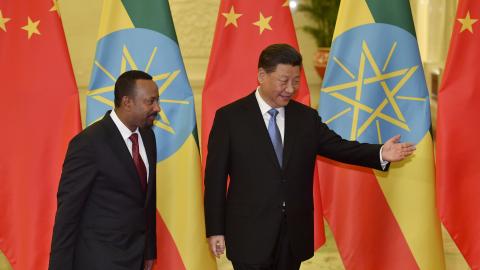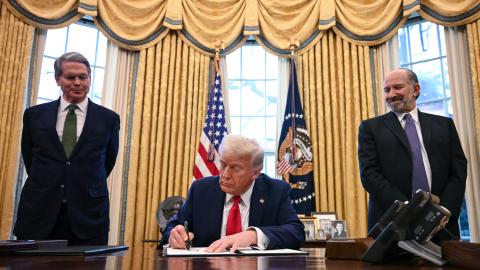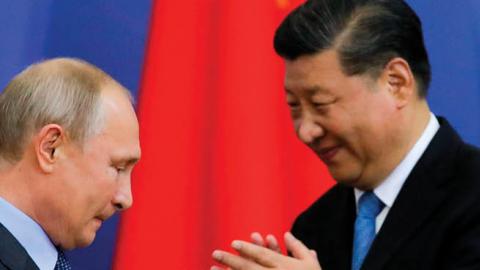One of the biggest concerns experts have about President Trump’s foreign policy is that by alienating key allies like Germany, it offers China and Russia an opportunity to divide Europe from the U.S. Yet while trans-Atlantic tensions have worsened since 2016 and public opinion in key European countries has turned sharply against the president, there are few signs Russia or China are effectively capitalizing on the moment.
On the contrary. Far from severing the ties between the U.S. and Europe, China and Russia seem to be strengthening them. The poisoning of Alexei Navalny—Vladimir Putin’s chief political rival—so outraged the German public that Chancellor Angela Merkel is coming under renewed pressure to shut down the controversial Nord Stream 2 gas pipeline project. Moscow is evidently preparing to double down on support for embattled Belarusian leader Alexander Lukashenko, even as Europeans cheer the peaceful public protests against his rule.
China seems to be trying even harder to make itself unpopular across Europe. The emergence of more horrifying details about Chinese treatment of Uighurs, Beijing’s crackdown on Hong Kong, and its threats against Taiwan have roiled Europe’s powerful human-rights lobby.
Read the full article in the Wall Street Journal

















